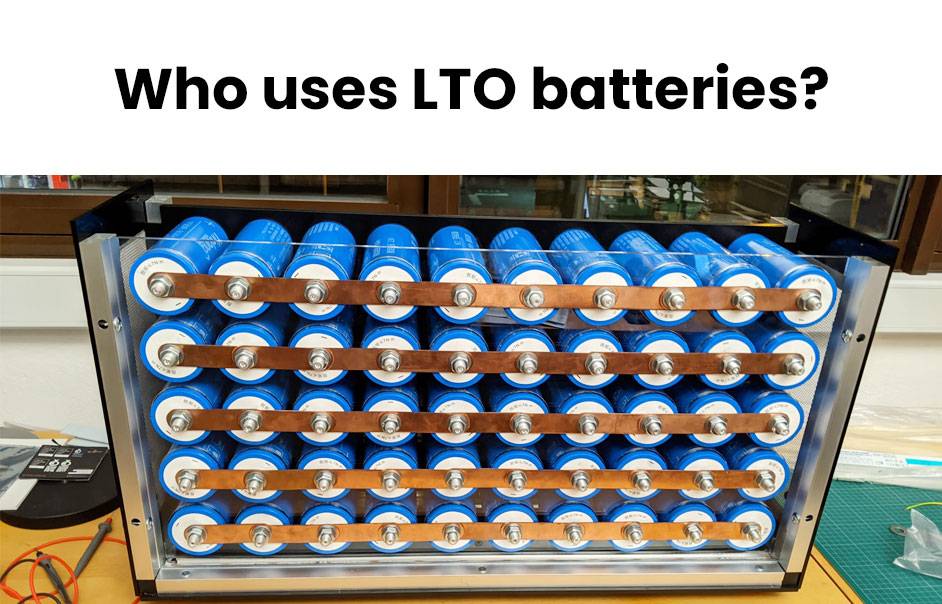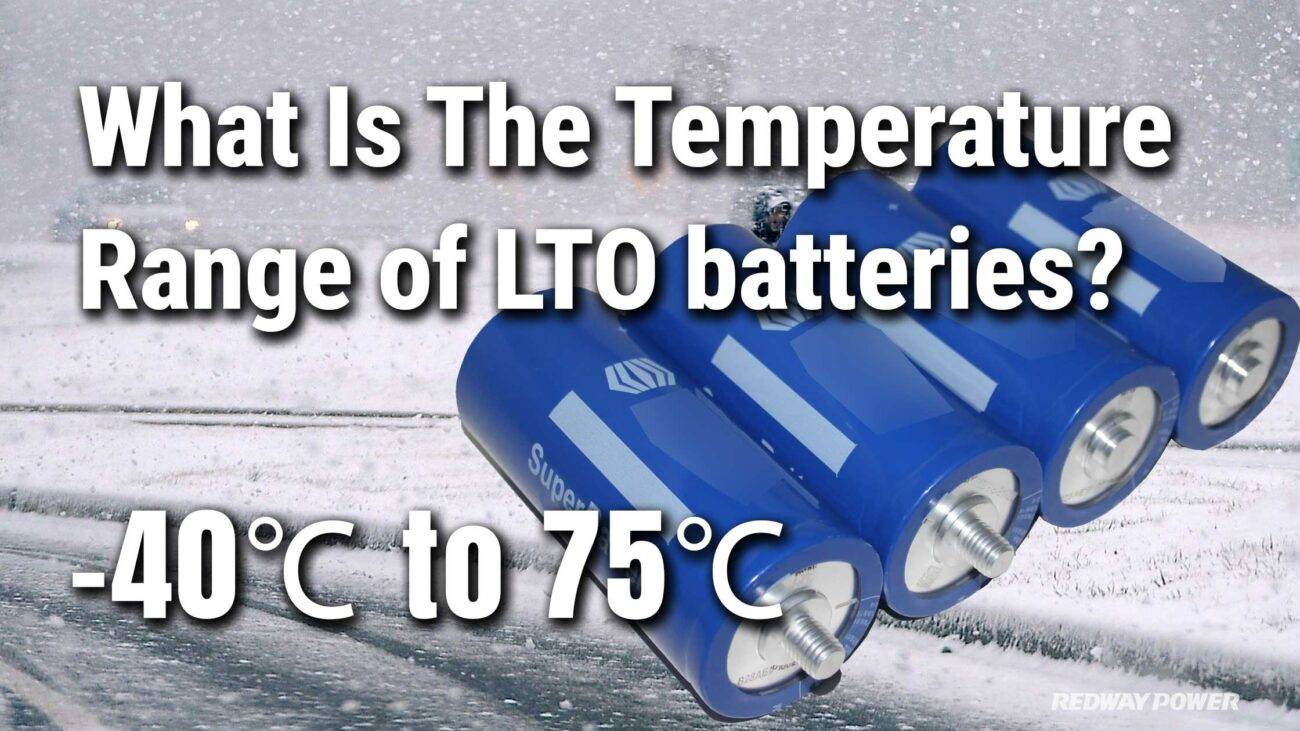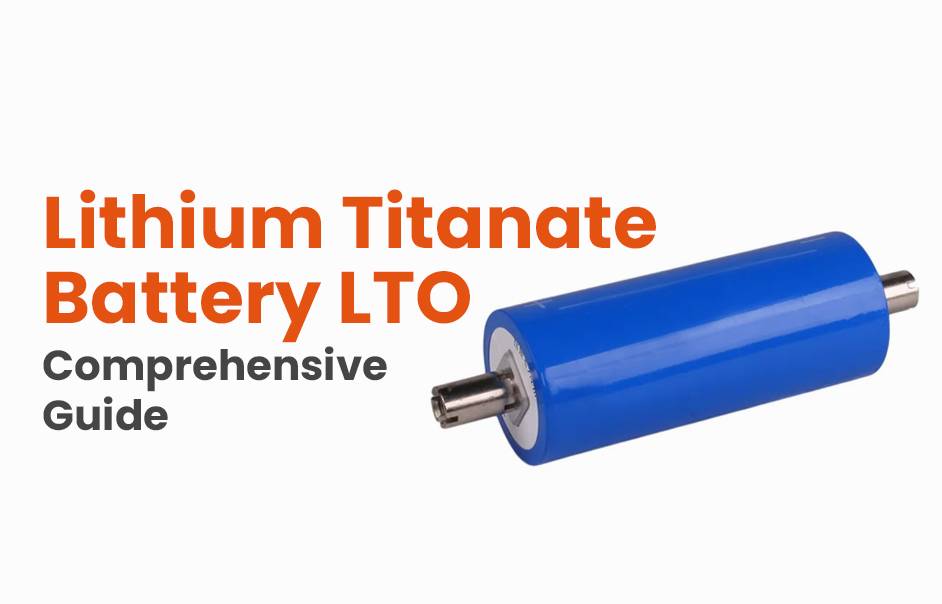- Rack-mounted Lithium Battery
- Golf Cart Lithium Battery
-
Golf Cart Lithium Battery
- 36V 50Ah (for Golf Carts)
- 36V 80Ah (for Golf Carts)
- 36V 100Ah (for Golf Carts)
- 48V 50Ah (for Golf Carts)
- 48V 100Ah (Discharge 100A for Golf Carts)
- 48V 100Ah (Discharge 150A for Golf Carts)
- 48V 100Ah (Discharge 200A for Golf Carts)
- 48V 120Ah (for Golf Carts)
- 48V 150Ah (for Golf Carts)
- 48V 160Ah (Discharge 100A for Golf Carts)
- 48V 160Ah (Discharge 160A for Golf Carts)
-
Golf Cart Lithium Battery
- Forklift Lithium Battery
- 12V Lithium Battery
- 24V Lithium Battery
- 36V Lithium Battery
- 48V Lithium Battery
-
48V LiFePO4 Battery
- 48V 50Ah
- 48V 50Ah (for Golf Carts)
- 48V 60Ah (8D)
- 48V 100Ah (8D)
- 48V 100Ah
- 48V 100Ah (Discharge 100A for Golf Carts)
- 48V 100Ah (Discharge 150A for Golf Carts)
- 48V 100Ah (Discharge 200A for Golf Carts)
- 48V 150Ah (for Golf Carts)
- 48V 160Ah (Discharge 100A for Golf Carts)
- 48V 160Ah (Discharge 160A for Golf Carts)
-
48V LiFePO4 Battery
- 60V Lithium Battery
-
60V LiFePO4 Battery
- 60V 20Ah
- 60V 30Ah
- 60V 50Ah
- 60V 50Ah (Small Size / Side Terminal)
- 60V 100Ah (for Electric Motocycle, Electric Scooter, LSV, AGV)
- 60V 100Ah (for Forklift, AGV, Electric Scooter, Sweeper)
- 60V 150Ah (E-Motocycle / E-Scooter / E-Tricycle / Tour LSV)
- 60V 200Ah (for Forklift, AGV, Electric Scooter, Sweeper)
-
60V LiFePO4 Battery
- 72V~96V Lithium Battery
- E-Bike Battery
- All-in-One Home-ESS
- Wall-mount Battery ESS
-
Home-ESS Lithium Battery PowerWall
- 24V 100Ah 2.4kWh PW24100-S PowerWall
- 48V 50Ah 2.4kWh PW4850-S PowerWall
- 48V 50Ah 2.56kWh PW5150-S PowerWall
- 48V 100Ah 5.12kWh PW51100-F PowerWall (IP65)
- 48V 100Ah 5.12kWh PW51100-S PowerWall
- 48V 100Ah 5.12kWh PW51100-H PowerWall
- 48V 200Ah 10kWh PW51200-H PowerWall
- 48V 300Ah 15kWh PW51300-H PowerWall
PowerWall 51.2V 100Ah LiFePO4 Lithium Battery
Highly popular in Asia and Eastern Europe.
CE Certification | Home-ESS -
Home-ESS Lithium Battery PowerWall
- Portable Power Stations
Who uses LTO batteries?

Welcome to our blog post on LTO batteries! Whether you’re a tech enthusiast or just curious about energy storage solutions, this article will explore who uses LTO batteries and why they’re gaining popularity. From revolutionizing automotive to powering renewable energy, LTO batteries have diverse applications across industries. Join us as we dive into the world of LTO batteries for an electrifying journey!
Automotive Industry and LTO Batteries
LTO batteries are transforming the automotive industry, particularly in electric vehicles (EVs). Their rapid charging, safety features, and durability make them a preferred choice. Let’s explore their impact in more detail:
- Fast Charging: LTO batteries charge up to 80% capacity within minutes, reducing downtime for EV owners and enabling convenient long-distance travel.
- Enhanced Safety: With higher thermal stability, LTO batteries are safer during operation, minimizing the risk of overheating or explosions, crucial for automotive applications.
- Extended Cycle Life: These batteries endure numerous charge-discharge cycles without significant performance degradation, ideal for EVs requiring frequent use.
- Cold Weather Performance: LTO batteries excel in cold climates, ensuring reliable operation regardless of temperature, unlike conventional lithium-ion batteries.
As automakers invest in EV technology, LTO batteries are poised to drive sustainable transportation globally.
Renewable Energy Sector and LTO Batteries
LTO batteries are transforming the renewable energy sector, offering high performance and reliability. Let’s explore their impact:

- High Performance: LTO batteries boast high power density, long cycle life, and excellent safety features, making them perfect for storing energy from solar panels and wind turbines.
- Energy Storage: In solar and wind energy systems, LTO batteries store surplus power generated during peak production periods, ensuring a consistent energy supply even during low resource availability.
- Fast Charging: With fast charging capabilities, LTO batteries efficiently store intermittent renewable energy, maintaining reliable power availability regardless of natural resource fluctuations.
As renewable energy demand grows, LTO batteries will continue to play a crucial role in enhancing efficiency and reliability across various applications, from utility-scale projects to residential off-grid systems.
Military and Defense Applications of LTO Batteries
LTO batteries are gaining traction in military and defense applications due to their reliability and durability. Let’s explore their significance:
- Reliability in Extreme Conditions: LTO batteries excel in harsh environments, from scorching deserts to freezing arctic climates, ensuring consistent performance regardless of temperature extremes.
- Long Lifespan: With a prolonged lifespan, LTO batteries are ideal for extended missions or deployments, providing reliable power even in high-impact situations.
- Safety and Stability: LTO batteries offer stability and low risk of thermal runaway, crucial for powering sensitive military equipment without compromising safety.
With their ruggedness, reliability, and portability, LTO batteries are becoming indispensable for military operations worldwide, powering essential equipment ranging from communication systems to electric vehicles used in covert operations.
Consumer Electronics and LTO Batteries
LTO batteries are gaining popularity in consumer electronics due to their fast-charging, long lifespan, and safety features. Let’s explore their significance:
- Fast Charging: LTO batteries offer shorter charge times, allowing users to quickly resume using their devices without prolonged waiting periods, ideal for smartphones and tablets that require frequent charging.
- Long Lifespan: With a longer lifespan compared to other battery types, LTO batteries ensure devices remain operational for extended periods before needing replacement, providing convenience and cost savings for consumers.
- Enhanced Safety: LTO batteries have superior safety features, with higher tolerance for extreme temperatures and reduced risk of overheating or explosion, offering peace of mind to users concerned about safety when using electronic devices.
As consumer electronics continue to integrate LTO batteries for their efficiency and reliability, the demand for such devices is expected to rise in the future, offering users a more convenient and secure experience.
Other Industries Using LTO Batteries
Lithium Titanate Oxide (LTO) batteries are gaining traction in various industries beyond automotive and renewable energy. Let’s explore their diverse applications:

- Healthcare: LTO batteries power critical medical devices like ultrasound machines and patient monitors, providing reliable and long-lasting energy sources essential for patient care.
- Telecommunications: Telecommunication companies rely on LTO batteries for backup power solutions, ensuring uninterrupted connectivity during power outages with their fast charging and high discharge rate capabilities.
- Logistics: LTO batteries are increasingly used in electric forklifts, offering efficient energy storage solutions that enable longer runtimes and quicker charging compared to traditional lead-acid batteries, enhancing productivity in warehouse operations.
- Marine: The marine industry utilizes LTO batteries for electric propulsion systems in boats and yachts, benefiting from their high-rate performance for achieving higher speeds and longer operating times between charges.
- Entertainment: LTO battery technology powers stage lighting setups and sound equipment in the entertainment industry, providing compact and lightweight energy solutions for live events and performances.
Across these industries and more, LTO batteries offer exceptional performance characteristics, meeting specific needs beyond automotive and renewable energy applications.
Benefits of Using LTO Batteries
Lithium Titanate Oxide (LTO) batteries have become indispensable across various industries, offering exceptional performance and numerous benefits. Let’s explore their key advantages:
- Long Lifespan: LTO batteries can endure thousands of charge cycles without significant degradation, providing durability and cost-effectiveness over time.
- Fast Charging: With their fast charging capabilities, LTO batteries enable quick and efficient power-ups for devices, enhancing user convenience and productivity.
- High Safety: LTO batteries boast stable chemistry and low risk of overheating or explosion, making them ideal for critical applications where safety is paramount, such as military defense systems.
- Extreme Temperature Resilience: Operating reliably in harsh environments, LTO batteries deliver consistent performance in extreme temperatures, ensuring efficiency and capacity are maintained regardless of conditions.
- Excellent Power Density: LTO battery technology offers impressive power density, allowing devices to perform optimally while maintaining a compact and lightweight design, ideal for portable gadgets like smartphones and laptops.
- Environmental Friendliness: With non-toxic components and recyclability, LTO batteries are environmentally friendly, aligning with sustainability initiatives across industries.
With these remarkable features, LTO batteries are poised for even more widespread adoption as manufacturing advancements drive down costs, paving the way for a greener and more efficient future.
FAQs
Are LTO batteries safe?
Yes, LTO (lithium-titanate) batteries are generally considered safe. They have a high level of thermal stability, which reduces the risk of thermal runaway and fire hazards. Additionally, LTO batteries are less prone to issues like dendrite formation and overcharging compared to some other lithium-ion chemistries, further enhancing their safety.
Is LTO safer than LiFePO4?
Both LTO and LiFePO4 (lithium iron phosphate) batteries are known for their safety characteristics. While LTO batteries offer excellent thermal stability and are less prone to issues like thermal runaway, LiFePO4 batteries are also highly regarded for their inherent safety features, including resistance to overheating and thermal runaway. Both chemistries are considered safe options for various applications.
Where are LTO batteries used?
LTO (lithium-titanate) batteries are used in a variety of applications that require high power, rapid charging and discharging capabilities, and long cycle life. Some common applications include electric vehicles (EVs), hybrid electric vehicles (HEVs), energy storage systems (ESS) for renewable energy, grid stabilization, and regenerative braking systems.
What are the advantages of LTO battery?
The advantages of LTO (lithium-titanate) batteries include high power density, rapid charging and discharging capabilities, long cycle life, excellent thermal stability, and enhanced safety features. They are also known for their ability to operate effectively in a wide range of temperatures, making them suitable for use in diverse environments.
What are the disadvantages of LTO batteries?
Despite their many advantages, LTO batteries have some disadvantages. These include lower energy density compared to other lithium-ion chemistries, resulting in larger and heavier battery packs for a given energy storage capacity. Additionally, LTO batteries typically have higher initial costs compared to some other lithium-ion variants.
What is the life of a lithium titanate battery?
Lithium-titanate (LTO) batteries have an exceptionally long cycle life, capable of enduring tens of thousands of charge-discharge cycles with minimal degradation. This longevity makes them highly durable and reliable for use in applications that require frequent cycling, such as electric vehicles and renewable energy storage systems.
What is the difference between LTO and lithium-ion battery?
LTO (lithium-titanate) batteries are a type of lithium-ion battery, differing primarily in their electrode material. While traditional lithium-ion batteries often use graphite-based anodes, LTO batteries utilize lithium-titanate as the anode material. This difference results in various characteristics, including higher power density, rapid charging and discharging capabilities, long cycle life, and enhanced safety and thermal stability for LTO batteries compared to other lithium-ion chemistries.
What is the difference between lithium-ion and lithium titanate batteries?
The primary difference between lithium-ion and lithium-titanate batteries lies in their anode materials. Traditional lithium-ion batteries typically use graphite-based anodes, while lithium-titanate batteries use lithium-titanate as the anode material. This difference results in various characteristics, including higher power density, rapid charging and discharging capabilities, longer cycle life, and enhanced safety and thermal stability for lithium-titanate batteries compared to traditional lithium-ion chemistries.














